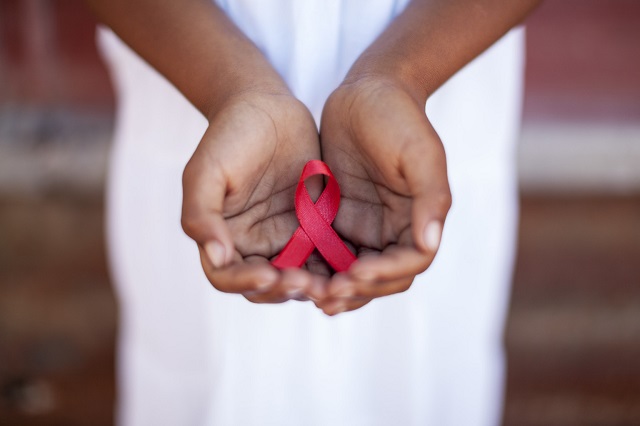
Kampala, Uganda | THE INDEPENDENT | The Ministry of Health (MOH) has embarked on a new strategy of using adolescents that are adhering to HIV treatment to lure their peers into taking their medicines without skipping them.
This comes amidst complaints by health workers that many adolescents fail to adhere to HIV treatment once shifted from children to adult’s care clinics.
The new model called YAPS is currently being piloted in nine districts including; Lira, Otuke, Kabarole and Kyenjojo. Dr. Teddy Chimulwa, the National Programme Officer, Adolescent Care and Treatment at the Ministry of Health says the strategy was copied from Zimbabwe where adolescents like in Uganda were testing positive for HIV but were not seeking treatment and those that were seeking treatment were skipping their doses. This therefore called for a system where adolescents are used to lure colleagues into treatment.
She said when they made a benchmarking visit to the country early this year, they found adolescents having viral suppression rates to the highs of 86% whereas those that test and linked to care were at 97%.
Chimulwa says Uganda resolved to borrow this model after their surveillance showed that children and adolescents were increasingly failing on first line treatment, which is cheaper and readily available.
According to MOH statistics, 17% of children and adolescents living with HIV who failed to respond to first line treatment were enrolled on second line treatment by end of 2018. This is up from 12% in 2017 and 9% in 2015.
She said depending on the results they will have achieved by March 2020 when the pilot is supposed to end, many more districts will be added and the plan is to start with 45 more districts where adolescents will be trained to give psychosocial support both at the health facility when adolescents come to pick their refills or find them in communities.
However, while the Ministry is focusing on just HIV, pediatricians attending the annual Adolescent Health Symposium in Kampala on Tuesday said similar challenges are faced while dealing with adolescents who suffer from chronic illnesses that require lifelong treatment.
For instance, Dr. Allen Aanyu Tukamuhebwa, a pediatrician at Mulago hospital says she has personally found challenges with transitioning adolescents she treats for asthma whereby because they keep coming back to her clinic because they fail to cope in the adult ward.
According to MOH guidelines, health workers dealing with children are supposed to start giving children living with chronic illness messages of transitioning at 10 to 11 years to get them emotionally ready for adult treatment.
But, Dr. Sabrina Kitaka who heads the adolescent clinic at Mulago hospital says this has proved hard to put in practice even at her clinic because while they set out to cater for those aged 10 to 19, they still care for those of 20 to 24years. All the experts agree that this is so because of the stigma young people face as they seek healthcare services.
******
URN
 The Independent Uganda: You get the Truth we Pay the Price
The Independent Uganda: You get the Truth we Pay the Price





